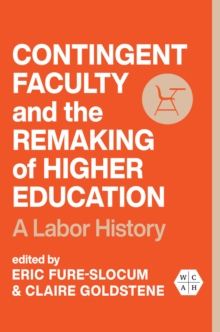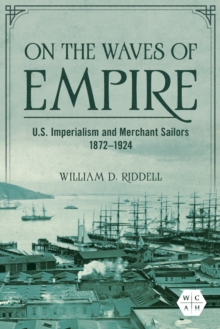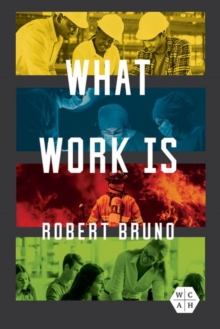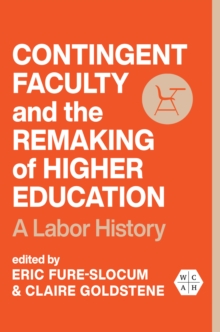
Good, Reliable, White Men : Railroad Brotherhoods, 1877-1917 Paperback / softback
by Paul Michel Taillon
Part of the Working Class in American History series
Paperback / softback
- Information
Description
&&LI&& Normal 0 false false false MicrosoftInternetExplorer4 /* Style Definitions */ table.MsoNormalTable {mso-style-name:"Table Normal"; mso-tstyle-rowband-size:0; mso-tstyle-colband-size:0; mso-style-noshow:yes; mso-style-parent:"; mso-padding-alt:0in 5.4pt 0in 5.4pt; mso-para-margin:0in; mso-para-margin-bottom:.0001pt; mso-pagination:widow-orphan; font-size:10.0pt; font-family:"Times New Roman"; mso-ansi-language:#0400; mso-fareast-language:#0400; mso-bidi-language:#0400;} This engaging study provides an account of the independent railroad brotherhoods from the period of their formation in the 1860s and '70s to the consolidation of their power on the eve of World War I.
By commanding the attention of U.S. presidents and establishing the eight-hour workday, railroad brotherhoods employed responsible trade unionism to their advantage.
Paul Michel Taillon focuses on the Brotherhood of Locomotive Engineers, the Order of Railway Conductors, the Brotherhood of Locomotive Firemen, and the Brotherhood of Railroad Trainmen to investigate the impact of these unions on early twentieth-century politics and society. Notorious for their conservative bent and exclusiveness based on race and trade, the unions also demonstrated a capacity for change and a particular acumen for negotiating in political and public circles, all but guaranteeing brotherhood survival.
In highlighting the successes and failures of these railroad unions, Taillon shows how they employed capitalist principles; how they were influenced by considerations of gender, race, and class; and how they prompted momentous debates about the proper relationships among government, private enterprise, labor, and management.
Information
-
Available to Order - This title is available to order, with delivery expected within 2 weeks
- Format:Paperback / softback
- Pages:296 pages, 10 photographs
- Publisher:University of Illinois Press
- Publication Date:27/10/2009
- Category:
- ISBN:9780252076787
Information
-
Available to Order - This title is available to order, with delivery expected within 2 weeks
- Format:Paperback / softback
- Pages:296 pages, 10 photographs
- Publisher:University of Illinois Press
- Publication Date:27/10/2009
- Category:
- ISBN:9780252076787



